Filing for bankruptcy can provide you some protections against foreclosure, but it does not necessarily prevent a bank from foreclosing on your property.
To understand why, you first need to understand that a mortgage lender has a claim against you (called an in personam claim) and a claim against your property (called an in rem claim). You also need to understand that in dealing with mortgage foreclosures, there are two bankruptcy approaches. Chapter 7 is an approach designed to temporarily halt the foreclosure process, but not address the missed mortgage payments (“the arrearages”) directly. While Chapter 13 is a process designed to allow the homeowner to deal with the arrearages directly by setting up a repayment plan or seeking a modification of the mortgage indebtedness.
When you file for bankruptcy, an automatic stay goes into effect that prohibits most creditors, including your mortgage lender, from pursuing collection actions against you. This includes foreclosure proceedings. However, the automatic stay is not permanent, and it will only last for a certain period of time.
If you have a mortgage on your property, the lender may file a motion with the court to lift the automatic stay so that they can proceed with the foreclosure process. The lender will typically do this if you are behind on your mortgage payments and you have filed a Chapter 7, or if you filed a Chapter 13 but have not proposed a repayment plan that complies with all of Chapter 13’s requirements. The bank may also file a motion for relief from stay if you filed a Chapter 13 and proposed a valid plan or modification, but you did not follow through on making the required payments or the modification was denied.
If the court lifts the automatic stay, the lender can proceed with the foreclosure process which may include selling the property at a public auction, typically within 45 to 90 days of the entry of the lift stay order.
The Types of Claims
As introduced above, the bank can foreclose on the property because it holds two types of claims:
In personam Claim (“against the person”)
This is a claim against you because you signed a promissory note in which you promised to pay the lender for the money that you borrowed to buy your property. Because you are a person and it is claim is against you, it is called an in personam claim.
An in personam claim related to a person’s home mortgage is a legal claim or cause of action that seeks to enforce a personal obligation or liability against a specific individual. In other words, it is a claim that seeks to hold a person responsible for a particular written promise to pay an amount of money borrowed to purchase the home.
In rem Claim (“against the thing”)
This claim arises from the debtor signing the mortgage or other security instrument that gives the creditor the right to take away the pledged asset if the promissory note is not paid as agreed.
An in rem claim related to a person’s home mortgage is a legal claim or cause of action that is brought against the person’s home to cause it to be sold to satisfy the unpaid in personam debt for the borrowed money used to purchase the home that was not paid as agreed.
In Florida, the in personam claim for failure to pay the mortgage, and the in rem claim to cause the home to be sold, are both bought in the same foreclosure lawsuit. While the in personam claim can be discharged during bankruptcy, the creditor’s in rem claim passes through the bankruptcy unaffected. In other words, you can file a bankruptcy and you will likely not have to pay the mortgage debt, but the lender can still foreclose and take the property if you don’t propose and obtain court approval for a valid Chapter 13 Plan of reorganization.
For Miami homeowners, it is important to work closely with an experienced Miami Bankruptcy attorney who has practiced for decades in front of the bankruptcy judges that your Miami Bankruptcy case will be assigned to. An experienced Miami Bankruptcy attorney will also know the preferences and practices of the Chapter 13 Trustee to whom your case will be assigned. When it comes down to what may be your last chance to save you home, experience counts. Choose a Miami Bankruptcy attorney with decades of experience practicing in the Miami Bankuptcy courts helping Maimi homeowners save their most valuable and cherished assets: their homes.
